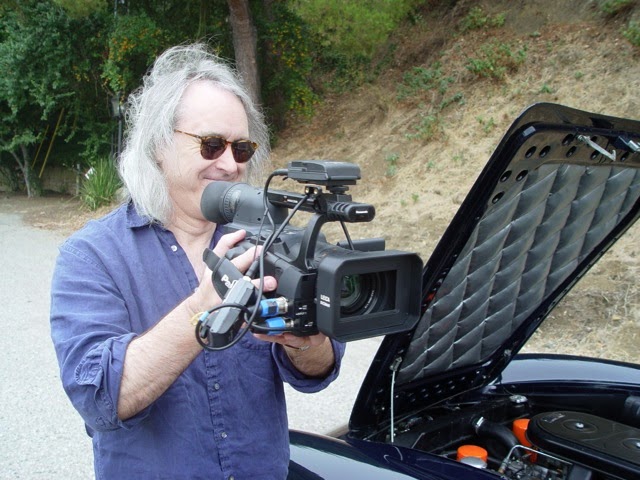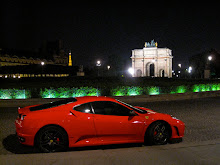
From Wikipedia:
Branded entertainment, also known as branded content or advertainment, is an entertainment-based vehicle that is funded by and complementary to a brand's marketing strategy. The purpose of a branded entertainment program is to give a brand the opportunity to communicate its image to its target audience in an original way, by creating positive links between the brand and the program. Anything you do outside of work, money spent on activities outside "necessary" is entertainment.
The U.S. Department of Defense defines psychological warfare (PSYWAR) as: "The planned use of propaganda and other psychological actions having the primary purpose of influencing the opinions, emotions, attitudes, and behavior of hostile foreign groups in such a way as to support the achievement of national objectives."
Branded entertainment is psychological warfare, in my view. The 'hostile foreign groups' may consist of employers or corporations who might opt to hire or contract with others. They may be consumers opting for products other than the ones we are selling. In either event, we want to entertain them in a way that makes them entertain the idea of hiring our clients or purchasing our offerings.
Psychological warfare can be waged in any number of ways. It is a conceptual activity with an infinite number of possibilities. One simply must know what one wants--and from whom one wants it.
























































2 comments:
Very informative and a good analogy.
I look forward to more.
Stephen,
Excellent analogy, and very much aligned with my own thinking around branded entertainment offering a distinct competitive advantage - not only for brands, but as you point out, for clients and even ourselves as consultants in generating interest for our work and expertise. It is a dynamic vehicle through which we can connect with viewers in a memorable and compelling way, without serving up pithy ad copy or pitching a tired features and benefits story.
At the end of the day, while it does ultimately drive brand consumption and recall, the goal of branded entertainment is not to sell products or services, but to appeal to the lifestyle, interests and emotional triggers of those who do. In that respect, it is very much rooted in the psyche of your audience. After all, consumers don't act on what they read, they act on what they *feel*. And through rich, immersive branded entertainment engagements, viewers associate the intangible emotional benefits of the experience with the brand delivering it, so the brand becomes integrated within viewers' lives instead of a disconnected object on the periphery, hollowly hawking products.
Very much looking forward to connecting further on this topic.
Best,
Gennefer
Twitter: @Gennefer
Post a Comment